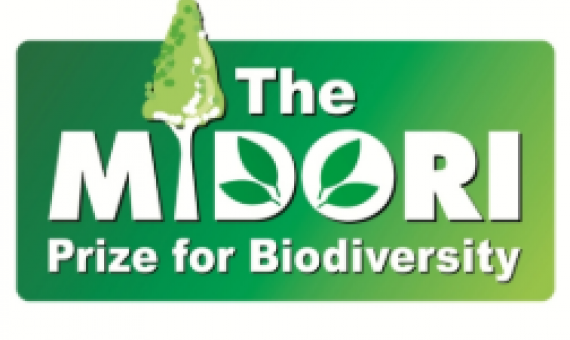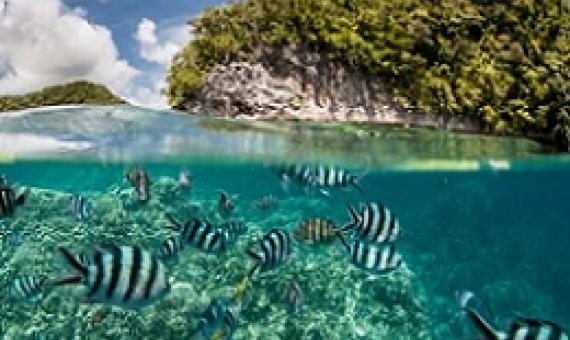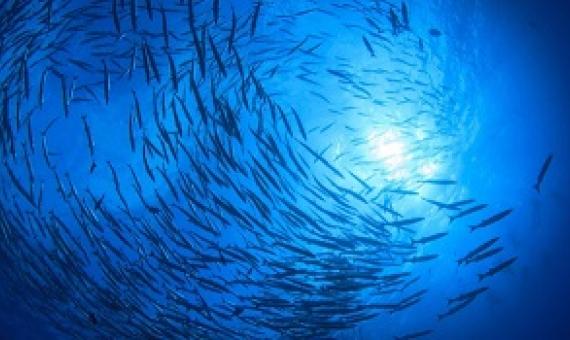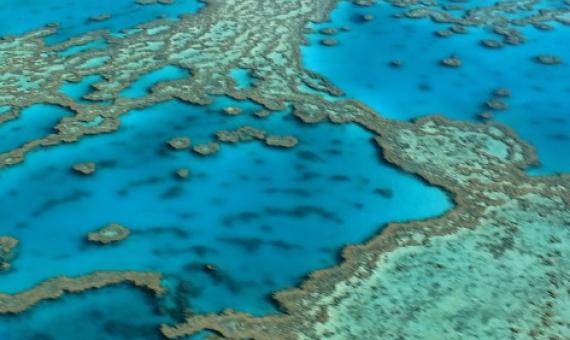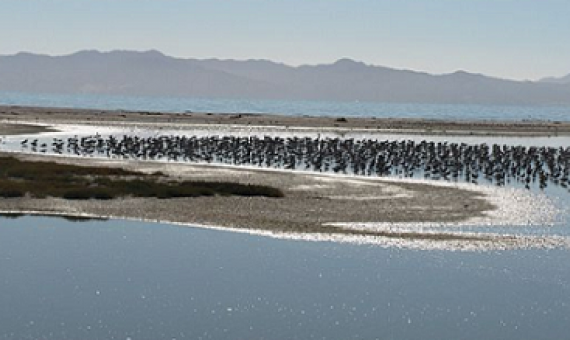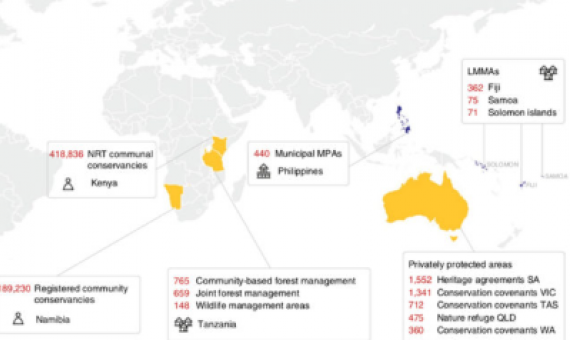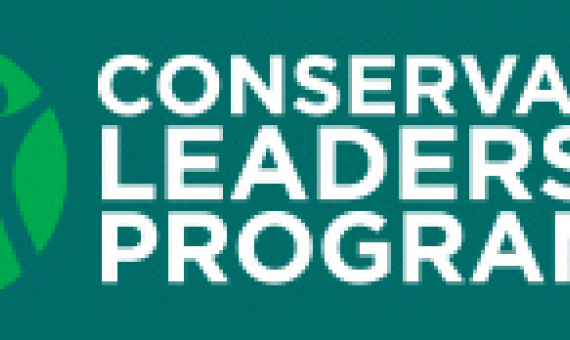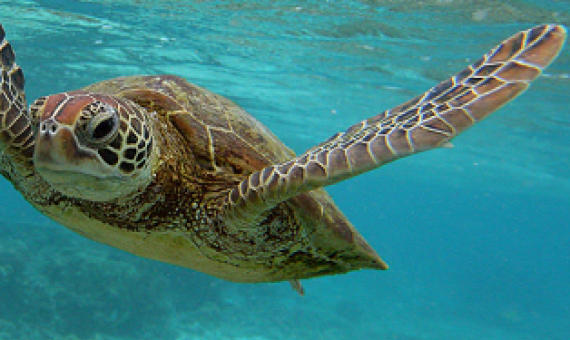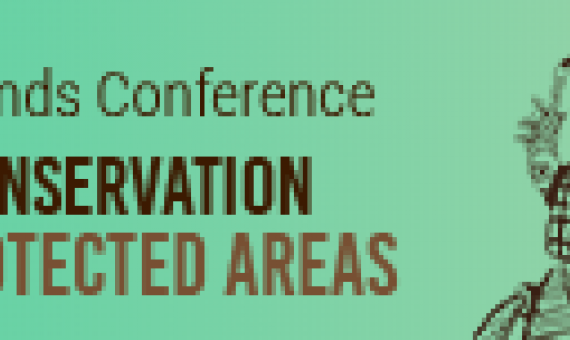With the aim to encourage positive action for biodiversity and inspire others by showcasing the notable work of those it honours, nominations are now invited for the MIDORI Prize for Biodiversity 2020. The call for nominations remains open until 30 March 2020.
Massive scientific investment has now identified the primary threats to biodiversity, but comparably little research has examined how and why some conservation initiatives spread while others falter. Every year, thousands of conservation initiatives are designed and put into practice around
The conference has run annually since it was initiated by former U.S. secretary of state John Kerry in 2014 to bring oceans more explicitly into international conversations about climate change mitigation, biodiversity conservation and sustainable livelihoods.
Oceans cover more than 70% of our planet. They include some of the most fragile ecosystems and species on Earth but are continuously abused and ill protected.
In Pursuit of Knowledge: Addressing Barriers to Effective Conservation Evaluation
Evaluation, the process of assessing the effectiveness of programs and activities, has gained increasing attention in the conservation sector as programs seek to account for investments, measure their impacts, and adapt interventions to improve future outcomes. We conducted a country-wide evaluation of terrestrial-based conservation programs in Samoa. Though rarely applied, the benefit of evaluating multiple projects at once is that it highlights factors which are persistent and influential across the entire conservation sector.
What do people think about protecting and restoring New Zealand’s biodiversity? To find out, we invited New Zealanders to engage with each other on this topic as citizens using Scoop’s public engagement platform, HiveMind.
For biodiversity conservation efforts to have a big impact, they must scale up. But how does that happen? A study published earlier this month in Nature Sustainability offers some insights into what helps and hinders the dissemination of conservation programs, policies and projects.
The Conservation Leadership Programme is now accepting applications to support projects in low and middle income countries and some high income islands in the Caribbean and Pacific.
Conservation initiatives are cropping up all over the planet to address escalating environmental threats and crumbling biodiversity – but what makes them reach a scale that has tangible impacts?
In 2020 during the 10th Pacific Islands Conference on Nature Conservation and Protected Areas, an announcement of the 2nd Pacific Islands Environmental Leadership Awards (PIELA) will recognise and honour Pacific Islanders with a strong commitment to environmental sustainability.

